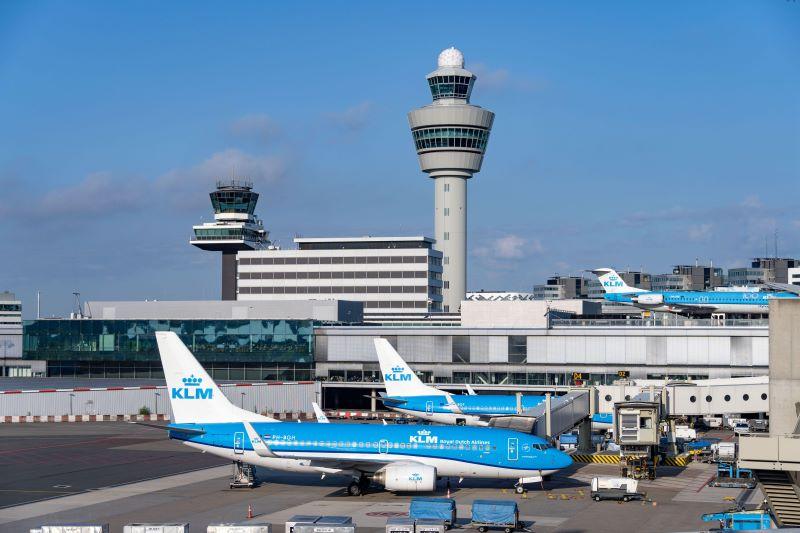Dutch Court Rules Schiphol Capacity Limit Plan Does Not Follow EU Rules

A Netherlands court has ruled that the Dutch government’s plan to impose a flight capacity limit at Amsterdam Airport Schiphol to cut noise does not abide by European rules—a move KLM Royal Dutch Airlines said brought clarity for its winter schedule.
The ruling comes a day after Royal Schiphol Group, which operates the airport, set out its own plan to become “quieter and cleaner.” The proposal involved abandoning plans to build an extra runway, as well as banning private jets and tightening limits on night flying to reduce noise.
The Dutch government had announced its plans to limit flight movements at one of Europe’s busiest airports in June 2022. While environmental campaigners welcomed the announcement, KLM, which has its hub at the airport, said the limit would force it to reduce its network, limiting connectivity for the Netherlands.
In March, KLM—along with Delta Air Lines, Corendon, easyJet and TUI—said they were joining forces to take legal action against the Dutch government to challenge the move, which they said was “incomprehensible,” unnecessary and unjustified given the airline industry’s existing efforts to reduce emissions and noise.
“We would rather cooperate with the other parties than face them in court,” KLM said April 5 in response to the court decision. “We were unfortunately forced to file these preliminary relief proceedings to get clarity; the capacity for the coming winter will be determined at the beginning of May. With this verdict, we have clarity.”
A Royal Schiphol spokesperson said the court decision provides the group with clarity about the number of flights and anticipatory enforcement. But Schiphol maintained that it will continue “with everything we do to make aviation quieter and cleaner, including the measures announced yesterday.”
A spokesperson for the Netherlands ministry of infrastructure and water management acknowledged the balancing act between the various stakeholders. “We are aware that the judge in summary proceedings has granted the claims put forward by the airline industry,” the spokesperson said. “We remain committed to achieving a new balance between the interests of residents near Schiphol and the environment on the one hand, and the economic importance of Schiphol for the Netherlands on the other hand. At this time, we are studying the court ruling and are considering possible follow-up actions.”
KLM said it has a better alternative for achieving less noise and CO2 while meeting travelers’ need to fly. “We will demonstrate this in the next phase of this case, the EU’s Balanced Approach procedure,” the airline said. “This will investigate whether noise levels can be reduced around Schiphol using methods other than those envisaged by the ministry. The balanced approach is about the best way to reduce the number of people affected by aircraft noise. To this end, we would like to continue cooperating with government, Schiphol and any other relevant parties.”
The balanced approach procedure, which is underway, must be carried out when an EU member state wishes to implement noise-related operating restrictions on an airport with more than 50,000 aircraft movements per year. It starts with setting a goal for reducing noise abatement. Measures that can contribute to achieving the noise abatement objective then need to be identified.
